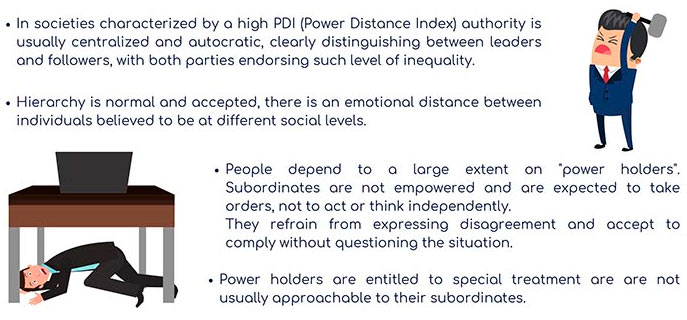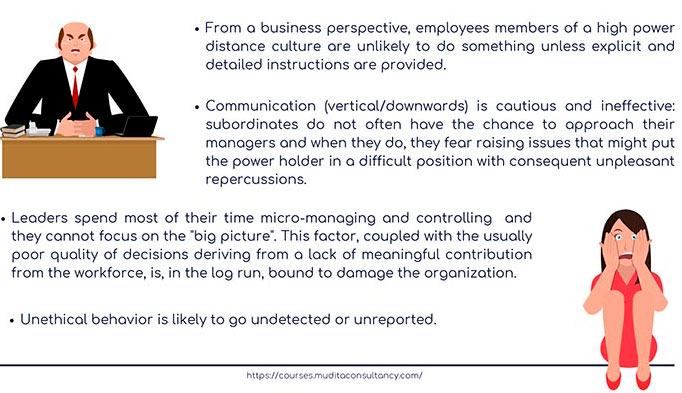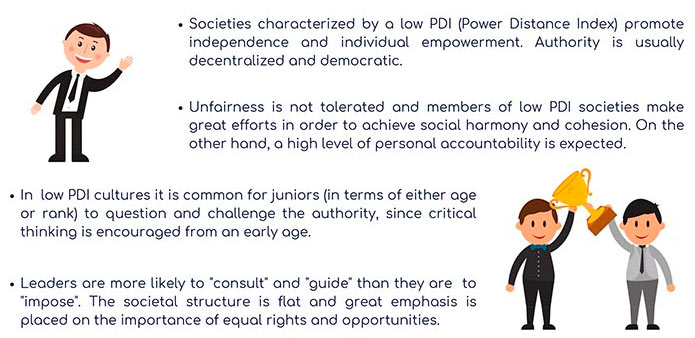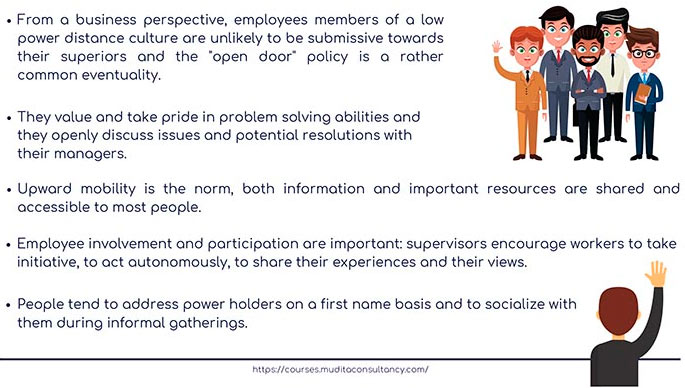West Meets East: The Impact of Organizational Culture On Outsourcing Projects
As soon as we start putting our thoughts into words and sentences everything gets distorted, language is just no damn good—I use it because I have to, but I don’t put any trust in it. We never understand each other
- Marcel Duchamp -
***
An article published by Software Mind indicates India as one of the six top outsourcing destinations in 2020 (“India is the world's largest sourcing destination with the largest qualified talent pool of technical graduates in the world.”),but it also suggests that“this Asian destination is often connected with cultural misunderstandings and communication issues”. In order to understand what “cultural misunderstandings and communication issues” the article refers to, in this post we are going to analyse and contextualize the findings of a study on cultural differences in IS offshoring arrangements involving German client organizations that outsource application development activities to Indian vendors.
The study reports that the main differences between German and Indian stakeholders could be observed in those factors that lie beneath the surface of human interactions: communication styles (low vs high context culture), cognitive processes (holistic vs analytic thinking), the relationship with power (low vs high power distance), in-group vs out-group dynamics (collectivism vs individualism).

To fully understand the impact of cultural differences on teamwork and related outcomes in this particular scenario, we must consider the following:
- according to research, the performance of members of a collectivist culture (India) is lower in an individual or out-group context than in an in-group context, whereas members of an individualistic culture (Germany) perform better when working alone. In a group that includes both individualists and collectivists, differences in individualism/collectivism may therefore impact individual performance [Earley, 1993];
- the Indian society is traditional and highly hierarchical, while in Germany power distance is relatively lower.
“In offshore outsourcing arrangements between German clients and Indian vendors, some German clients have observed that Indian co-workers tend to keep to specifications, often unreflectedly, rather than actively contributing their own ideas”, behaviors described “by the degree of ‘activity or passivity’, that is, the ‘extent to which individuals in a culture see themselves as doers (active shapers of the world) or beers (passive reactors to the world).’ [Lytle et al., 1995].
“On the working level—development, testing, etc.— you have to give very precise specifications. And they will do exactly as prescribed. But if you don’t say ‘you should also consider this or that’, if you don’t specify in a clear way—that’s why you encounter a lot of problems in software development projects.”
It must be noted that, from a cultural perspective, the degree of activity or passivity is strictly correlated with power distance:




- the Indian culture is high context and holistic (information carries some sort of symbolic meaning, communication is implicit, issues are evaluated and discussed in context), while the German culture is low context and analytic (communication is explicit and direct, issues are evaluated and discussed on their own):
“It turned out to be a real problem in the course of the project that the Indian professionals like to nod—which doesn’t necessarily imply ‘yes’.” (Differences in non-verbal communication, as observed by a Project Manager);
- the German society qualifies as a dignity culture, while the Indian society belongs to the group of honor-shame cultures: “How to criticize Indian team members is definitely an issue. When I say something, it often involves personal criticism. For example, if I reprimand my German team or if I address an issue that didn’t work out the way it should have, then I am very direct in telling the team members in order to show them what went wrong. And I think that’s the way you have to do it in Germany, so they will understand for sure. You cannot act like this to somebody from Asia. You can’t, you must not simply blame someone from Asia and tell him it was his mistake. You have to advise him in a very polite way and explain the mistake to him, but you also have to give him a chance to keep his face. […] You have to find a way to convey criticism.” (Behavioral differences between members of dignity and honor-shame cultures, as observed by a Project Manager. Please note that the notions of honor- and shame/face cultures may occasionally overlap).
***
The authors of this study advise that, in order to minimize the conflicts caused by cultural differences in offshore outsourcing arrangements, “Creating an understanding for specific cultural traits of the offshore vendor’s team members is important, since such an awareness can prevent misunderstandings in the cooperation between the different cultures. An awareness of specific cultural traits can be raised by a lot of communication with the offshore vendor’s team members. Another way to actively spur cultural awareness is to provide cultural training for employees.”
While I fully agree with these recommendations, I would also like to highlight the importance of adopting an approach based on cultural relativism - the position that there is no universal standard to measure cultures by, and that all cultures are equally valid and must be understood in their own terms - when it comes to managing multicultural teams, as miscommunication and misconceptions in the global environment are often the result of ethnocentric thinking, of poor self-awareness (Hofstede argues that ethnocentrism is to people what egocentrism is to individuals [Hofstede]), of incorrect assumptions about other people’s values and standards being made with our own cultural codes in mind as an ideal reference point.
***
RECOMMENDED READINGS ON CULTURE AND LEADERSHIP:
- Bhagat, R. S., Triandis, H. C., & McDevitt, A. S. (2012). ”Managing global organizations: A cultural perspective”. Cheltenham, UK: Edward Elgar
- Hofstede, Geert H. (1997). "Cultures and Organizations: Software of the Mind (second ed.)". New York: McGraw-Hill
- House, R. J., Hanges, P. J., Javidan, M., Dorfman, P. W., & Gupta, V. (2004). "Culture, leadership, and organizations: The GLOBE study of 62 societies". CA: Thousand Oaks
- Kotler, P., Keller, K.L., Koshy, A., & Jha, M. (2009). "Marketing Management – a South Asian Perspective". Delhi, India: Prentice Hall
- Lewis, R. D. (1996). "When cultures collide: Managing successfully across cultures". London: N. Brealey Pub
- Orbe, M. (1998). “Constructing co cultural theory: An Explication of culture, power, and communication”. Thousand Oaks, NJ: Sage Publications
- Steers, Richard & Nardon, Luciara & Sanchez-Runde, Carlos. (2016). “Management Across Cultures: Developing Global Competencies”. Cambridge : Cambridge University Press
Disclosure: This section contains affiliate links. If you were to buy any of the books listed here, I would earn a small commission (at no additional cost to you).
SOURCES:
- Winkler, Jessica & Dibbern, Jens & Heinzl, Armin. (2007). “The impact of cultural differences in offshore application development — Case study results from German-Indian projects”. Wirtschaftsinformatik / Angewandte Informatik - WI. 49. 95-103
- Earley, P. (1993). “East Meets West Meets Mideast: Further Explorations of Collectivistic and Individualistic Work Groups”. The Academy of Management Journal, 36(2), 319-348. http://www.jstor.org/stable/256525
- Lytle, A. L., Brett, J. M., Barsness, Z. I., Tinsley, C. H., & Janssens, M. (1995). “A paradigm for confirmatory cross-cultural research in organizational behavior”. In B. M. Staw, & L. L. Cummings (Eds.) Research in organizational behavior, vol. 17 (pp. 167– 214). Greenwich, CT: JAI
- Hofstede, Geert H. (1997). "Cultures and Organizations: Software of the Mind (second ed.)". New York: McGraw-Hill

